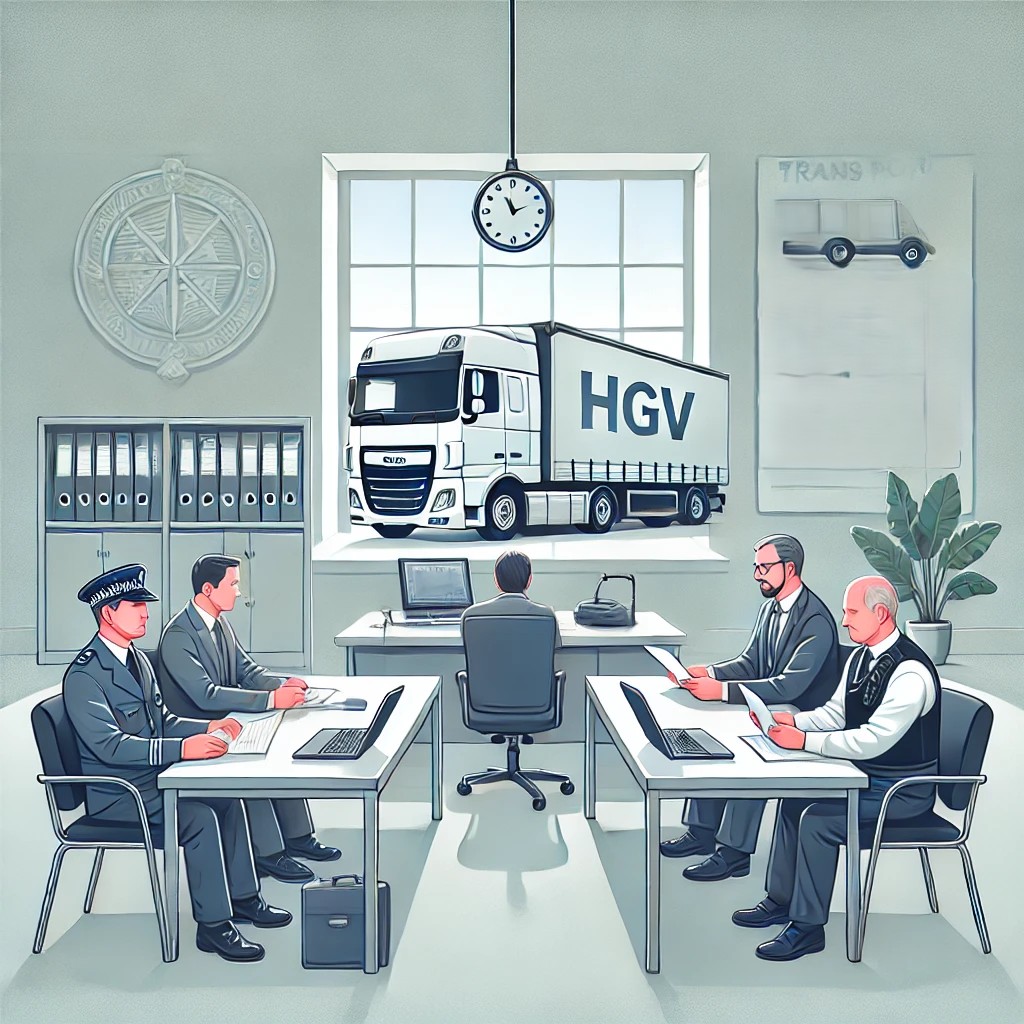If you're an HGV operator or transport manager, understanding the intricacies of public inquiries is essential to maintaining compliance and safeguarding your operator's licence. Public inquiries are formal hearings conducted by a Traffic Commissioner, focusing on licence applications, operating centre reviews, and regulatory issues. Here's a comprehensive guide to help you navigate this critical process.
What is a Public Inquiry?
A public inquiry is a formal procedure where a Traffic Commissioner reviews evidence related to an operator's licence. The three primary types of inquiries include:
1. Licence Applications: Evaluating new applications or variations to existing licences.
2. Operating Centre Reviews: Assessing the suitability of an operating centre, particularly concerning environmental impacts.
3. Regulatory Inquiries: Investigating compliance issues, often involving evidence from the Driver and Vehicle Standards Agency (DVSA).
When is a Public Inquiry Called?
A Traffic Commissioner may call a public inquiry under several circumstances:
- Licence Applications: If there is valid opposition or concerns about the applicant's suitability.
- Regulatory Actions: When potential breaches of compliance, such as issues with vehicle maintenance or drivers' hours, are identified.
- Transport Manager Concerns: If questions arise regarding a transport manager's good repute or professional competence.
Notification and Preparation
Operators, applicants, or transport managers will receive written notification detailing the reasons for the inquiry, relevant legislation, and the evidence to be reviewed. Notice periods typically include:
- 21 Days for goods operator's licences.
- 14 Days for passenger operator's licences.
- 28 Days for inquiries involving transport managers.
It's crucial to prepare thoroughly by reviewing all documentation, ensuring financial standing, and confirming compliance with maintenance schedules and drivers' hours regulations.
Who Should Attend?
Attendance is mandatory for:
- Sole traders, partners, or at least one company director.
- The transport manager if their professional competence is under review.
Legal representation is advisable, though not provided by the inquiry. A solicitor, barrister, or experienced transport consultant can offer valuable support.
The Hearing Process
Public inquiries are formal proceedings, and the Traffic Commissioner will:
- Outline the inquiry's purpose and procedures.
- Review evidence from all parties, including the operator and any objectors.
- Allow cross-examination and questions from the Commissioner.
Ensure all required documents, such as vehicle maintenance records and proof of financial standing, are submitted in advance and available during the hearing.
The Decision and Appeals
Decisions are typically communicated on the day of the inquiry and confirmed in writing within 28 days. If the outcome is unfavourable, operators have the right to appeal to the Administrative Appeal Chamber (Transport) of the Upper Tribunal.
Key Takeaways for HGV Operators
- Compliance is Crucial: Regularly review your operations to ensure adherence to legal standards.
- Be Prepared: Thorough documentation and proactive management can significantly influence the outcome.
- Seek Professional Advice: Engaging with a transport consultant or legal advisor can help you navigate complex issues.
Understanding the public inquiry process helps protect your business and maintain a good standing with the Traffic Commissioner. For ongoing support and compliance assistance, consider services like Continuous Compliance Support, which offers regular audits and expert guidance.
For more resources, visit Hauliers Hub (https://www.hauliershub.uk) or LDP (https://www.transportldp.co.uk).










